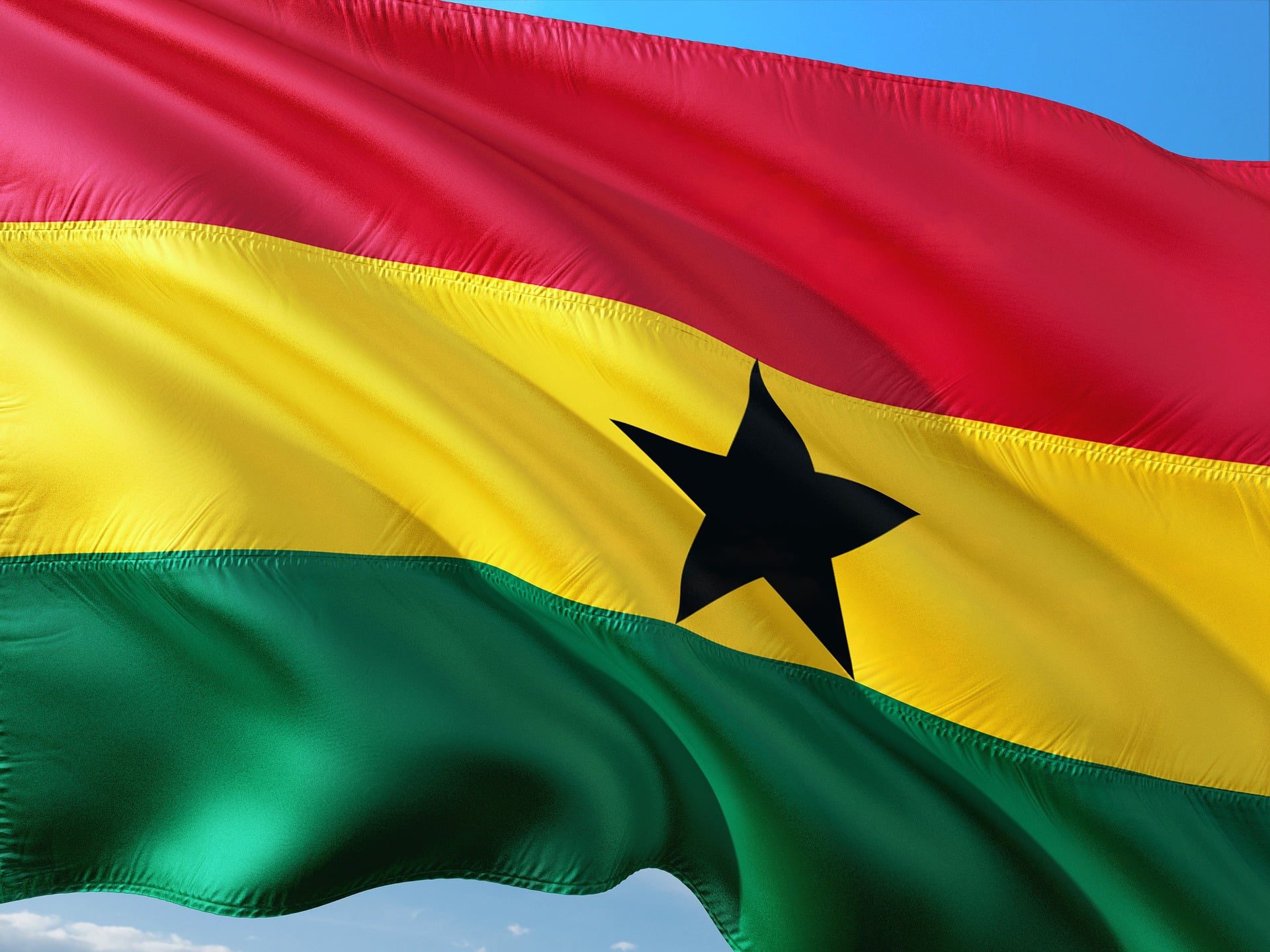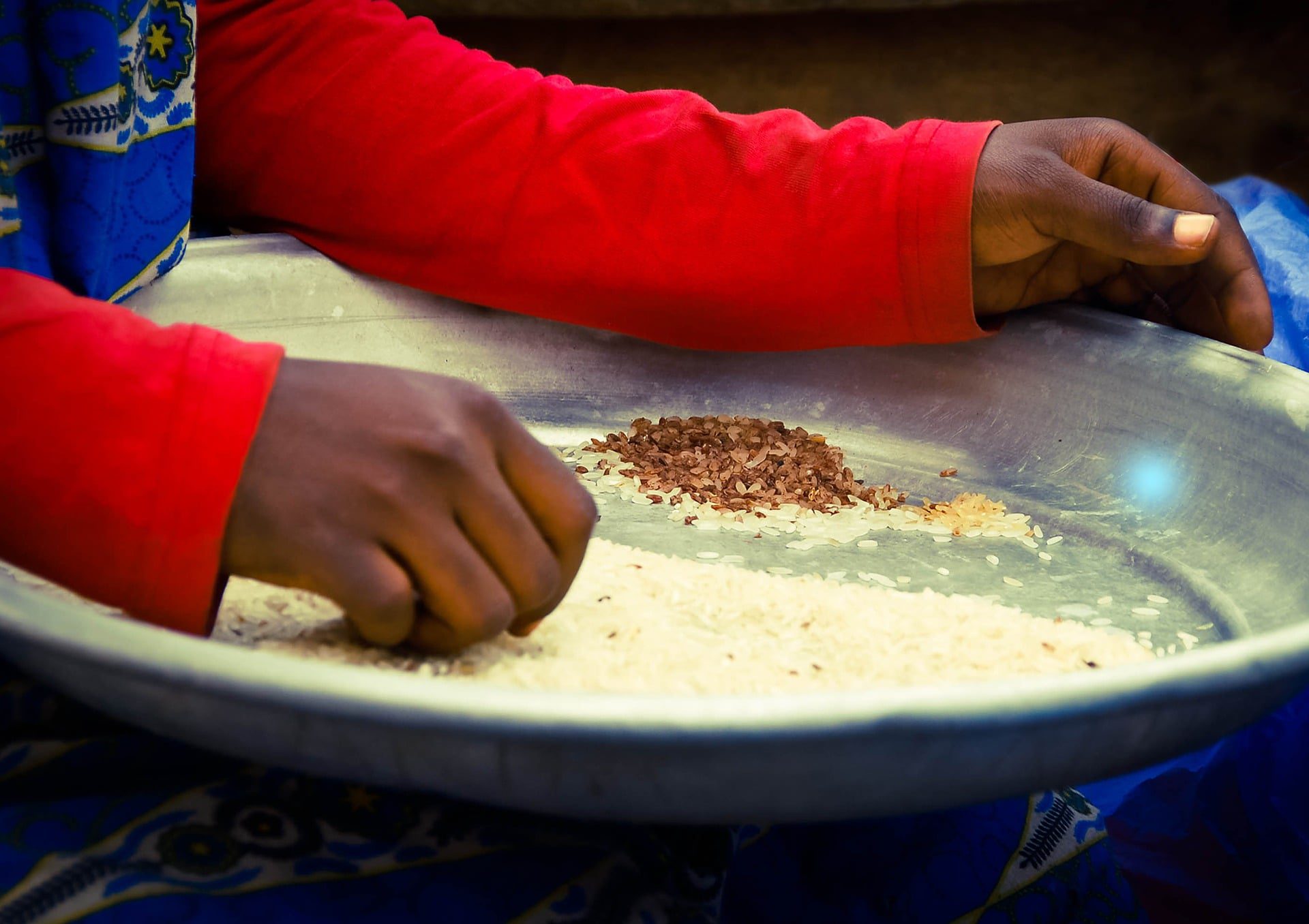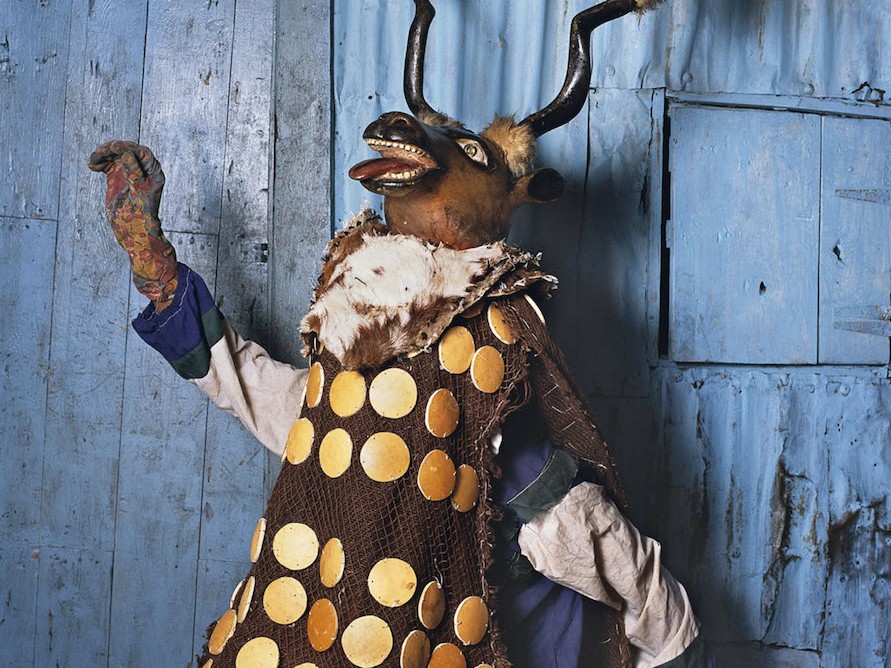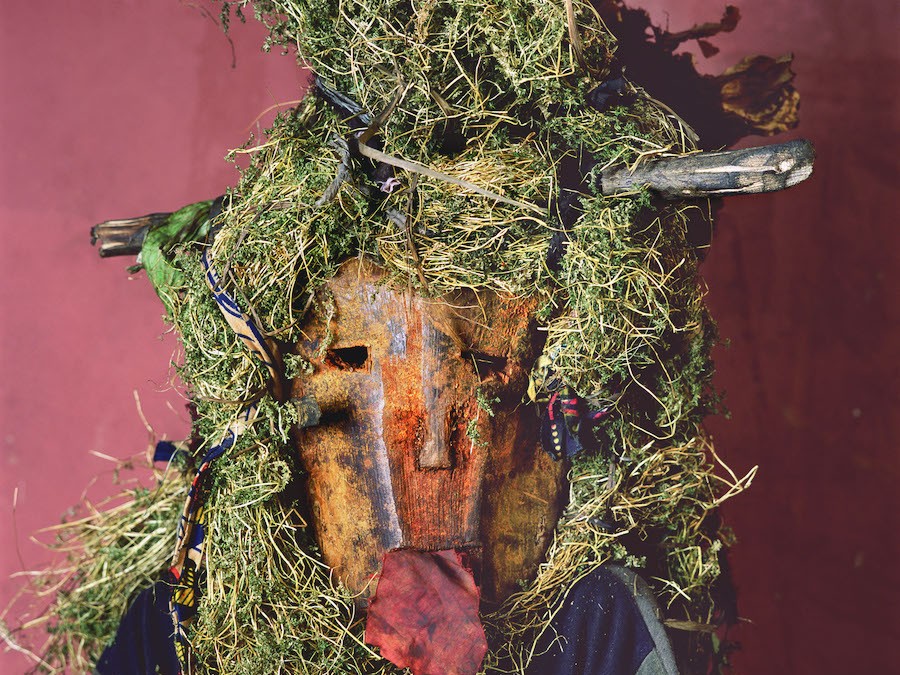Share this!
10 Things You Need To Know About Ghana and Ghanaian Culture
By Zaina Adamu
There is a reason why Ghana has become the go-to destination for travelers looking to experience one of Africa’s most vibrant countries. Ghana is a country ripe with entertainment, tradition, exquisite landscapes and phenomenal food, and if you’re one of many who has developed a fascination with the country, you might want to learn a bit more about its culture. Here are ten things you need to know about Ghanaian culture.
RELATED: Idris Elba and 4 More of the World’s Most Influential Ghanaians

Food
You can tell a lot about a culture by its cuisine. Historically, Ghanaians love to prepare dishes that include a starchy component (fufu or waakye), which typically goes with a soup or stew and protein. Most soups and stews have a tomato base and come with beef, goat, lamb, chicken, shrimp, fish or crab. Some popular stapes are jollof, banku, red red, tuo zaafi, boiled yam with kontomire stew and plantain with egg stew. Most dishes are eaten by hand, and a popular dish like fufu is scooped up in pieces with the right hand and then dipped in an accompanying soup (typically goat soap).
Tipping
While we’re on the topic of food, you should note that tipping is not a requirement in Ghana. In fact, it comes as a surprise when diners tip. Tipping should be at the discretion of the patron, but keep in mind that many servers work on paltry wages so adding a tip is a kind gesture they truly appreciate.

Language
Of the more than 90 languages spoken in the country, English is Ghana’s official language with more than 80% of the population speaking it fluently. English was first spoken when England colonized Ghana (then the Gold Coast) in 1867. Even after the country’s independence in 1957, it continued to use English as its official language to conduct government and business affairs. It is also the standard language used in schools.
Sayings, Gestures & Slang
Don’t be surprised if a stranger hisses or smooches at you while around town. Hissing and smooching is a signal to gain someone’s attention and is not something to take offense to. Other popular phrases include “Chale” (which means “my friend”), “Saaaa” (meaning “really?”) and “Akwaaba” (meaning “Welcome”). A sucking of teeth means a person is frustrated.
Music
Before Afrobeats became a hit music genre across the globe, it was deep-rooted in the country and continues to make a huge impact. Ask anyone about Kwami Eugene, Kidi or Sarkodie and you’re sure to be greeted with a smile since their music adds life to any party or get together. What makes music in Ghana special is that it never loses its heritage. Before Afrobeats became popular, highlife dominated the scene, and up until this day, if a DJ plays icons like Fela Kuti or Ebo Taylor, you can almost guarantee the crowd will hit the dance floor.
Festivals
Festivals have increasingly become a part of the Ghanaian experience, especially during the holidays when many tourists visit. From Afrochella to CHALE WOTE, there are countless festivals that cater to individual tastes. In 2018, festivals attracted more than 30,000 people who all experienced the country’s art, music, food and history. You can view the more than 30 festivals hosted each year here.
Customs
Ghanaians are very, very communal so don’t be taken aback if you’re greeted with hugs and back pats when you meet someone for the first time. It is also not uncommon to see a group of people eating a dish from the same plate together. And unlike in many Western countries, Ghanaians like to be in close proximity of each other rather than needing personal space. Also, when you enter a room, it is customary to greet with either a Good Morning, Afternoon or Evening. Never give or receive money with your left hand and always invite others to eat with you. (They will almost always say “Thank you” – which means “No, thank you”) and then continue to eat your meal.
Fashion
It is no secret that African fabric dominates Ghanaian fashion. From bold patterns to intricate designs, African fabric remains entrenched in Ghanaian culture. Kente cloth, which became popular with African Americans during the Civil Right Movement, is originally from Ghana. Typically, consumers will buy the fabric of choice from a local market, then a tailor will sew their design. Other options are to buy made-to-wear African clothing made of lycra or elastane, which fits all shapes and body types. The latter is especially popular with female pants and dresses.
Religion
Ghana has a huge religious population. A 2018 analysis reported by The Guardian found that of over 106 countries, Ghana and Georgia were the only two countries where people under 40 were more religious than their older compatriots. Christianity remains to be the largest religion in Ghana taking up 70% of the entire population. Following Christianity is Islam, which makes up 25%. Of the 70% who make up Christianity, 18% are Protestant, 13% are Roman Catholic and 5% are Traditionalists.
Tribes…Lots of tribes
There are more than 100 ethnic groups living in Ghana. The Akan tribe is the largest, encompassing approximately 20 million people. The most spoken language of the Akan language is Twi (which comes in four different variations). Other popular tribes in Ghana include Ewe, Fante, Ashanti and Ga.
About Demand Africa
Demand Africa offers 24-7 access to the largest curated collection of Pan-African TV shows, series, soaps, movies and lifestyle entertainment direct from the continent. Demand Africa goes to Nollywood and beyond to offer a deeper connection to the continent. Explore the culture, people, places and traditions of Africa and stream with IMPACT. Now streaming over 1,000 hours, with content added monthly. 60% of your monthly subscription goes to the featured creators and distributors on Demand Africa.






